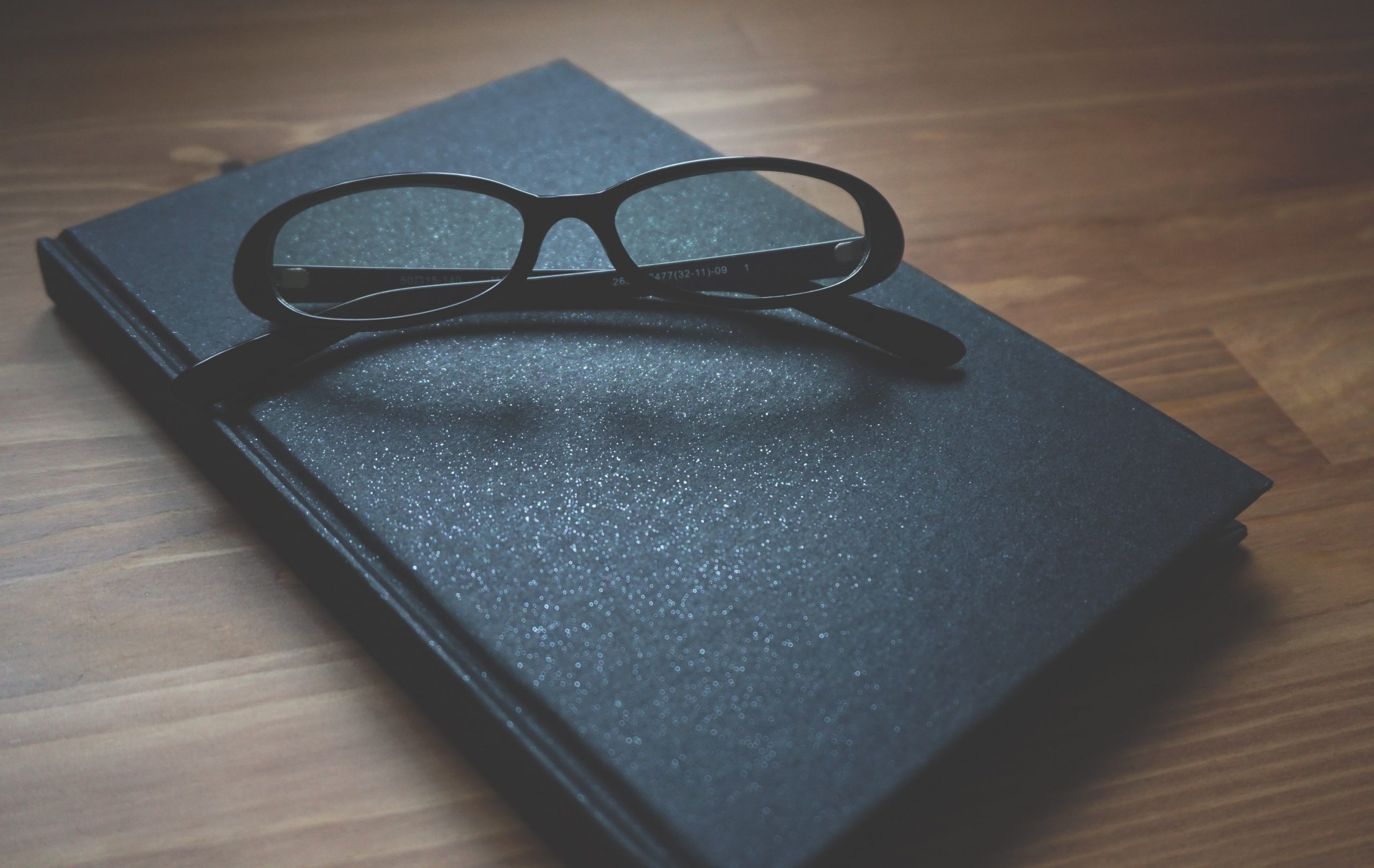
The narrative around Africa for so long has been inaccurate, biased and negative. For instance, it has been known as the ‘Dark Continent,’ a term that originated in the 19th century when a Welsh explorer and journalist named Henry Morton Stanley used it to describe Africa as a continent that’s largely unknown and mysterious to Europeans. Many other narratives that developed over the years after include Africa being the darkest continent as seen from satellite images before electricity was ever introduced here.
Whatever the narratives, they were developed by non-Africans, and a majority of the world’s perspectives of Africa were distorted as a result. That’s why as Africans, we need to take ownership and control of our narratives, and there has never been a better time to explore and take advantage of the possibilities and tools at our disposal.
Tools such as social media offer various platforms on the internet that we can access conveniently using our smartphones and other devices. Through them, we can tell our stories in different formats. For example, we can creatively tweet our thoughts, share our experiences with relatable images on Instagram, create vlogs on YouTube, all of which can be viewed from anywhere in the world. The stories can be inspirational, funny, thought-provoking, and even challenging. There’s no limit.
As a result, common generalizations of African culture will be demystified. We see it in the movies or experience it when we encounter a person from overseas, when Swahili (or Xhosa) is mostly the language of choice for communication. Yet, Africa boasts a diverse culture with over 3,000 tribes. Countries like Nigeria have over 500 languages spoken. Again, there is no limit to the tales that can be told.
As long as they are authentic, shared and exposed to a wide audience, telling our stories will also continue to pave a path that leads to empowering processes such as social advocacy. This creates safe spaces for individuals or communities to go deeper and share stories of the challenges they face, such as discrimination, which in turn leads to us working together to find the necessary solutions to make our communities safer and better to thrive in.
Through the stories we share, we invite the world into our realities; clarifying distortions and misinterpretations. When we own our narratives, we tell stories that are void of biases and full of true realities, which have the power to shape a better, positive, inspiring and genuine image of Africa.
As Chinua Achebe said, “until the lion learns how to write, every story will glorify the hunter.”
